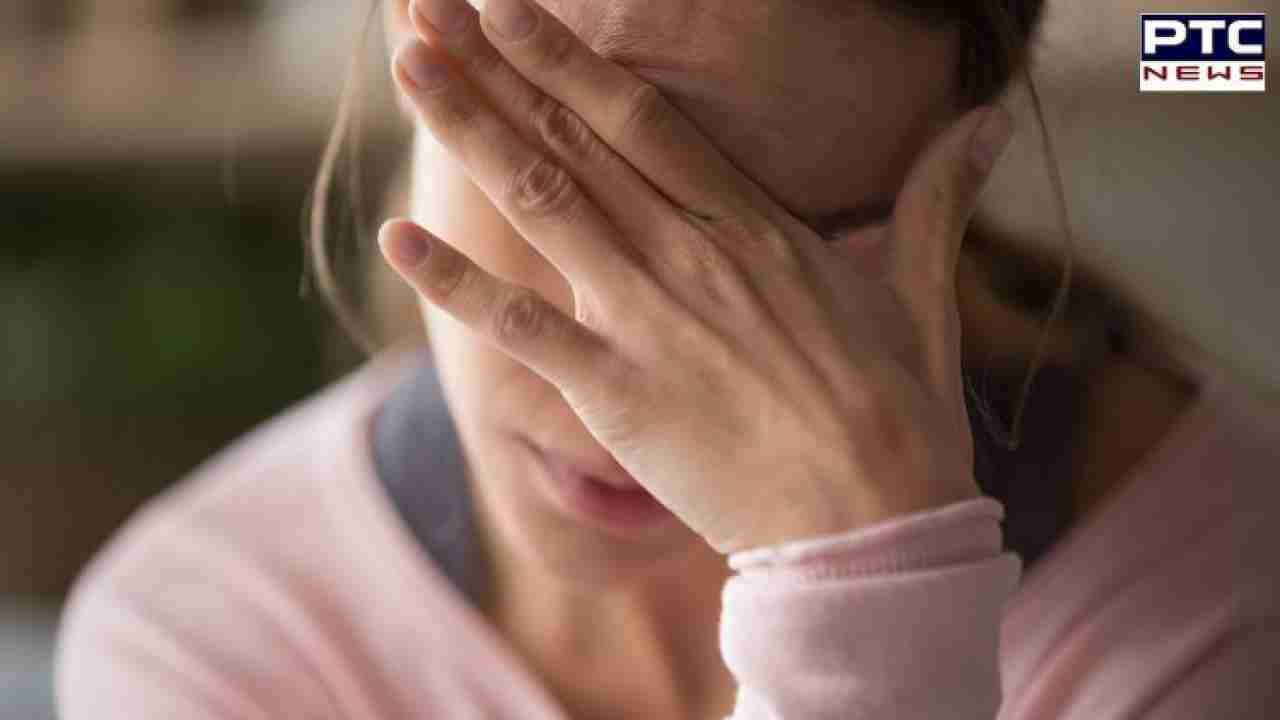Managing Anxiety: Experiencing anxiety is a common part of life, but sometimes it can escalate, causing a pervasive sense of fear and panic. This article explores the key symptoms of anxiety attacks, encompassing both emotional and physical manifestations, and offers insights into a comprehensive approach to anxiety management.
Defining anxiety:_fd08c25b3231d97c82e727e30d1b96f2_1280X720.webp)
Anxiety is characterized by feelings of unease or fear, ranging from mild to severe, that can stem from a variety of sources. Whether it's the anticipation of an exam, illness, or a traumatic experience, anxiety is a shared human experience, albeit experienced differently by individuals. Dr. Ruhi Satija, a consultant psychiatrist, therapist, and transformation mentor at Cloudnine Hospital in Mumbai, explains that managing anxiety requires a tailored combination of techniques. "Each person responds uniquely to different modalities, so when dealing with anxiety, it's advisable to explore various techniques and embrace the ones that resonate with you," she advises.
Symptoms of anxiety:
Anxiety can manifest through various symptoms, affecting mental and emotional well-being, as well as physical health. Dr. Satija outlines these symptoms, emphasising that individuals may experience a mix of mental, emotional, and physical manifestations. Mental and emotional symptoms include worry, panic, fear, irritability, restlessness, anger, feeling overwhelmed, a sense of impending doom, racing thoughts, overthinking, self-doubt, and numbness. On the other hand, physical symptoms may manifest as palpitations, headaches, nausea, breathlessness, chest tightness, acidity, sweating, trembling, and shaking.

Effective anxiety management:
Dr. Satija emphasizes the importance of employing a combination of techniques for managing anxiety effectively. She provides insight into strategies that can be useful when anxiety symptoms are noticed:
- Deep Breathing: Techniques such as the 4-7-8 breathing method (inhalation for 4 seconds, breath-holding for 7 seconds, and exhalation for 8 seconds) and box breathing (counting to four while taking deep breaths) promote a sense of calm and help alleviate anxiety symptoms.
- Grounding Exercises: The 54321 technique encourages individuals to identify five things they can see, four things they can touch, three things they can hear, two things they can smell, and one thing they can taste. This exercise fosters mindfulness, connecting with the present moment and diminishing anxiety symptoms.
- Progressive Muscle Relaxation (PMR): PMR is a practice that involves tensing and then relaxing muscles to reduce stress and anxiety. Guided audio and video resources for PMR are readily available online.
- Relaxation Techniques: Activities like taking a warm bath and engaging in aromatherapy can provide immediate relief by inducing a state of calm.
Healthy habits to reduce anxiety:
Dr. Satija advocates several beneficial habits that contribute to anxiety management:
- Maintaining a Consistent Sleep Routine: Prioritizing quality sleep plays a crucial role in stress management.
- Journaling: Morning pages, where individuals write a few pages upon waking, or brain dumps for venting overwhelming thoughts onto paper, offer a therapeutic outlet.
- Limiting Stimulants: Reducing caffeine intake, which is known to induce and exacerbate anxiety, can help in managing anxiety.
- Balanced Diet: Consuming more whole fruits while reducing processed foods and sugar can promote overall well-being.
- Seeking Professional Help: When self-help strategies fall short, seeking assistance from a mental health professional is crucial.
- Cognitive Behavioral Therapy (CBT): Scientifically proven to enhance the ability to manage negative thought patterns, CBT can be a valuable tool.
- Medications: Emergency medicines like benzodiazepines can be used to reduce active anxiety symptoms. Selective serotonin reuptake inhibitors (SSRIs), such as escitalopram and sertraline, are employed in managing anxiety disorders. However, medication should only be used under the guidance of a healthcare provider.
- With inputs from agencies


_fd08c25b3231d97c82e727e30d1b96f2_1280X720.webp)

